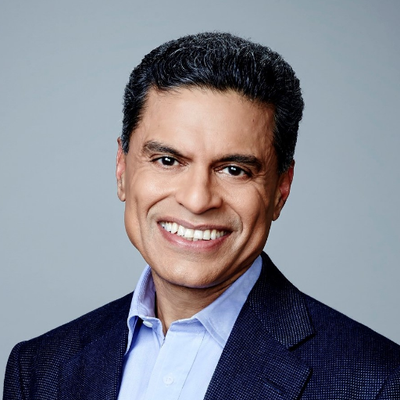
If you were surprised by Saudi Arabia’s de facto takeover of professional golf, get ready for many more such announcements in the months and years to come. The rise of the Persian Gulf, and Saudi Arabia in particular, is already reshaping the Middle East. But it will also have powerful consequences across the world.
A quick quiz: What was the world’s fastest-growing large economy last year? If you guessed India or China, or any of the Asian tigers, you are wrong. The answer is Saudi Arabia, which clocked in at 8.7 percent. Kuwait and the United Arab Emirates registered heady growth as well.
What explains the boom? Despite what many hope for, the world continues to depend heavily on fossil fuels. The Ukraine war and sanctions against Russia have reduced Moscow’s importance in global oil and gas markets. In addition, two of the world’s other major oil-producing countries, Iran and Venezuela, are also under sanctions and have old and decaying oil infrastructure. The United States produces lots of oil and gas but still imports large quantities. As a result, the world is now reliant on a handful of countries in the Persian Gulf for steady supplies of oil and gas.
These conditions will likely continue over the next decade, and if they do, the gulf will see one of the largest inflows of wealth in history. Already, the four main sovereign wealth funds of these countries have reportedly accumulated almost $3 trillion in assets, an increase of 42 percent over the past two years. Saudi Arabia expects that its main investment vehicle, the Public Investment Fund, will have more than $2 trillion by 2030, making it the world’s largest. For the foreseeable future, these will be the most significant pools of capital on the planet.
The economic consequences of this wealth are all around us. Saudi Arabia has, in effect, bought the professional golf business. In January, Bloomberg reported that the kingdom sought to buy the Formula 1 racing franchise for more than $20 billion. It lured perhaps the world’s most famous soccer star, Cristiano Ronaldo, to play for one of its teams for a reported $200 million a year. It is making huge investments in the online gaming industry, hoping to become a major player in the space. Look at prestigious sports teams, luxury hotels in Europe and storied brands, and you might see behind them gulf owners. As one gulf minister told me, “We’ve built lots of infrastructure in our countries. What’s coming in now is cash to invest.”

This surge of wealth has reshaped the Middle East. The once-dominant players in the region — Egypt, Iraq, Syria — are, for various reasons (poverty, division, dysfunction), unable to play leading roles. The gulf is where the action is. Saudi Arabia, in particular, has made a huge strategic shift in its foreign policy.
Advertisement
In his early years in power, the kingdom’s de facto ruler, Crown Prince Mohammed bin Salman, used his country’s wealth in a crude and overbearing way. He tried in various ways to pressure or topple the regimes in Qatar, Lebanon and Jordan while waging a hot war in Yemen and a cold war with Iran — none of which bore fruit. (The 2018 murder of Post contributing columnist Jamal Khashoggi also occurred in this period.) In the past few years, by contrast, he appears to have matured, mending ties with Qatar and Jordan, reestablishing diplomatic relations with Iran and seeking a peace deal in Yemen.
Opinions about China
End of carousel
The gulf states are all deepening their relations with China, which is now the region’s largest customer. In 2001, Saudi Arabia’s trade with the middle kingdom was just over $4 billion, about one-tenth of its trade with the United States and European Union. In 2021, it was about $87 billion, more than the United States and E.U. combined. Economic ties are growing rapidly, and The Post even reports that China has resumed constructing a suspected military facility in the UAE.
Saudi Arabia and the gulf are not seeking a divorce with the United States. They want close economic ties with China and close security ties with America. They want to be able to deal freely with everyone, including Russia. (If you want to see where Russians have gone to escape Western sanctions, visit Dubai, where you will hear more Russian than Arabic in some hotels.) They have growing ties with India and are even building new links with Israel.
Most countries would like to pursue a policy that allows them to freelance, choosing friends in the West and East, as suits their interests. If the crown prince continues down the path he is now on, Saudi Arabia will likely be able to manage this balancing act.




COMMENTS